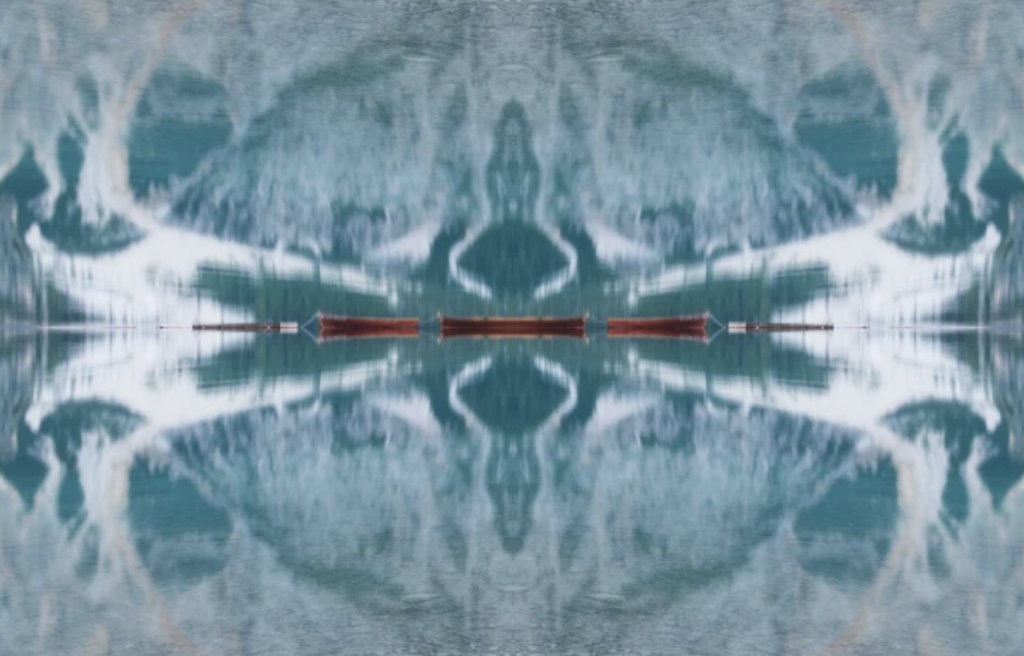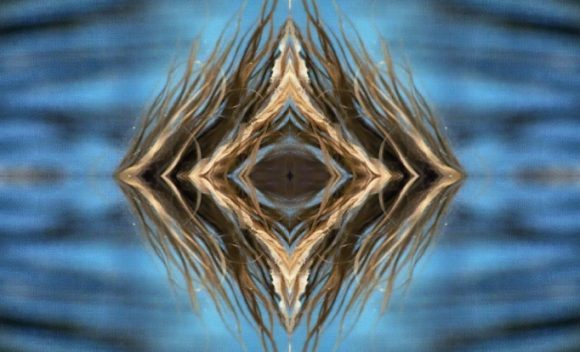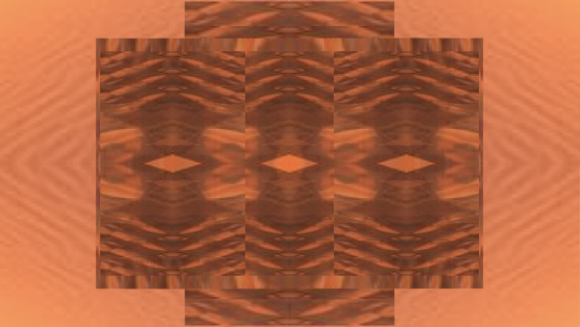At first glance, what Don DeLillo’s narrator in The Names describes appears to be exactly what I’ve just called “ghost-time”, borrowing a notion from The Alexandria Quartet:
I flew a lot, of course. We all did. We were a subculture, business people in transit, growing old in planes and airports. […] This is time totally lost to us. We don’t remember it. We take no sense impressions with us, no voices […] It is dead time. It never happened until it happens again. Then it never happened.
Don DeLillo, The Names, 6, 7.
But only at first glance. For this is different in at least two respects.

First, although disconnected from the living world (which is the city) and perhaps only available for those who’ve (metaphorically) become ghosts, the time in Durrell is nevertheless filled with something equally meaningful: one doesn’t live, but one reflects. In DeLillo’s dead times one’s awareness stops; or if it continues, nothing in it is capable of being recollected. One doesn’t perceive, but one ages (“growing old”); thus in a sense the time of the world (what Durrell’s narrator calls “calendar-time”) still goes on here — and as a corollary, it is precisely not filled with anything like reflection, from which we might carry something of value back to the living world.
And secondly, even though both ideas have in common that they refer to a kind of experience which is apart in space and time, it seems that Durrell’s ghost-time must be continuous, whereas DeLillo’s lost time necessarily appears splintered, in fragments. It could not have its essential characteristic of never having happened until it happens again if it wasn’t just interspersing that other form of time, namely, that of lived lives. (Lives lived in a manner, of course, which precisely brings with it this kind of splintering — a manner which defines that “subculture” the quoted passage indicates.)



